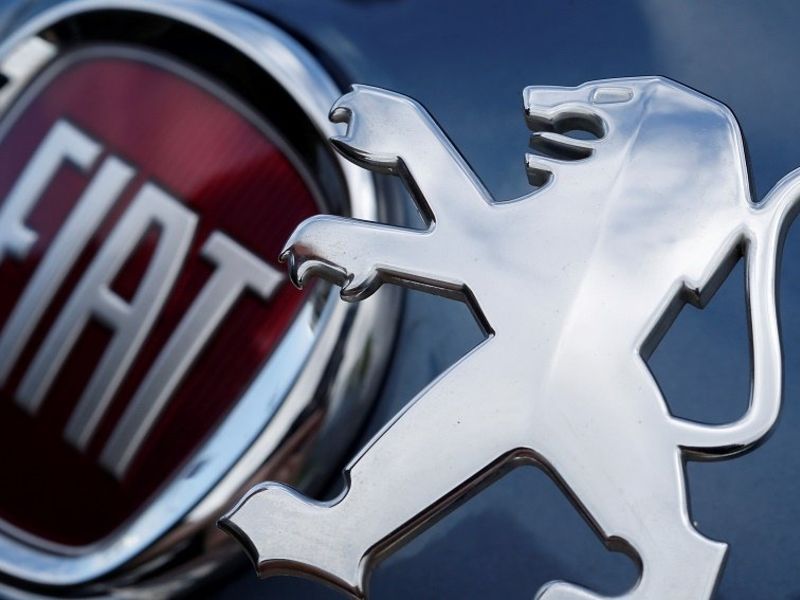
BRUSSELS — Fiat Chrysler Automobiles and PSA Group gained European Union antitrust approval for their $38 billion merger after overcoming regulators’ concerns about competition in Europe’s market for light commercial vehicles.
The European Commission said PSA will extend its van agreement with Toyota by increasing capacity for Toyota and cutting transfer prices for the vehicles, spare parts and accessories.
“Access to a competitive market for small commercial vans is important for many self-employed and small and medium companies throughout Europe,” European Competition Commissioner Margrethe Vestager said in a statement on Monday.
The EU had concerns that FCA and PSA would dominate Europe’s van market with a combined share of 34 percent, heavily outgunning Renault and Ford, each with a 16 percent share, Volkswagen with 12 percent and Daimler with 10 percent.
This dominance could mean higher prices for customers, the Commission said.
In September, PSA offered to increase production capacity for Toyota at its Sevelnord large van factory in France to help overcome the regulatory hurdle. PSA also builds a compact van for Toyota called the Proace City in Vigo, Spain. PSA will supply Toyota with an electric version of the van.
The EU approval overcomes the biggest hurdle to the merger, which will create the world’s fourth-largest automaker. It also paves the way for shareholders to vote on the plan at separate meetings scheduled for Jan. 4. Shareholders will be asked to approve the creation of the combined company called Stellantis.
The merged entity would own brands such as Fiat, Jeep, Dodge, Ram and Maserati as well as Peugeot, Citroen Opel and DS.
“FCA and Groupe PSA warmly welcome the European Commission’s clearance authorizing the merger and the creation of Stellantis, a world leader in new mobility,” the companies said. “The closing of the merger is expected to occur by the end of the first quarter of 2021.”
FCA’s controlling shareholder is Exor, the holding company of Italy’s Agnelli family, while PSA’s investors are the Peugeot family, the French government and China’s Dongfeng.
Reuters and Bloomberg contributed to this report